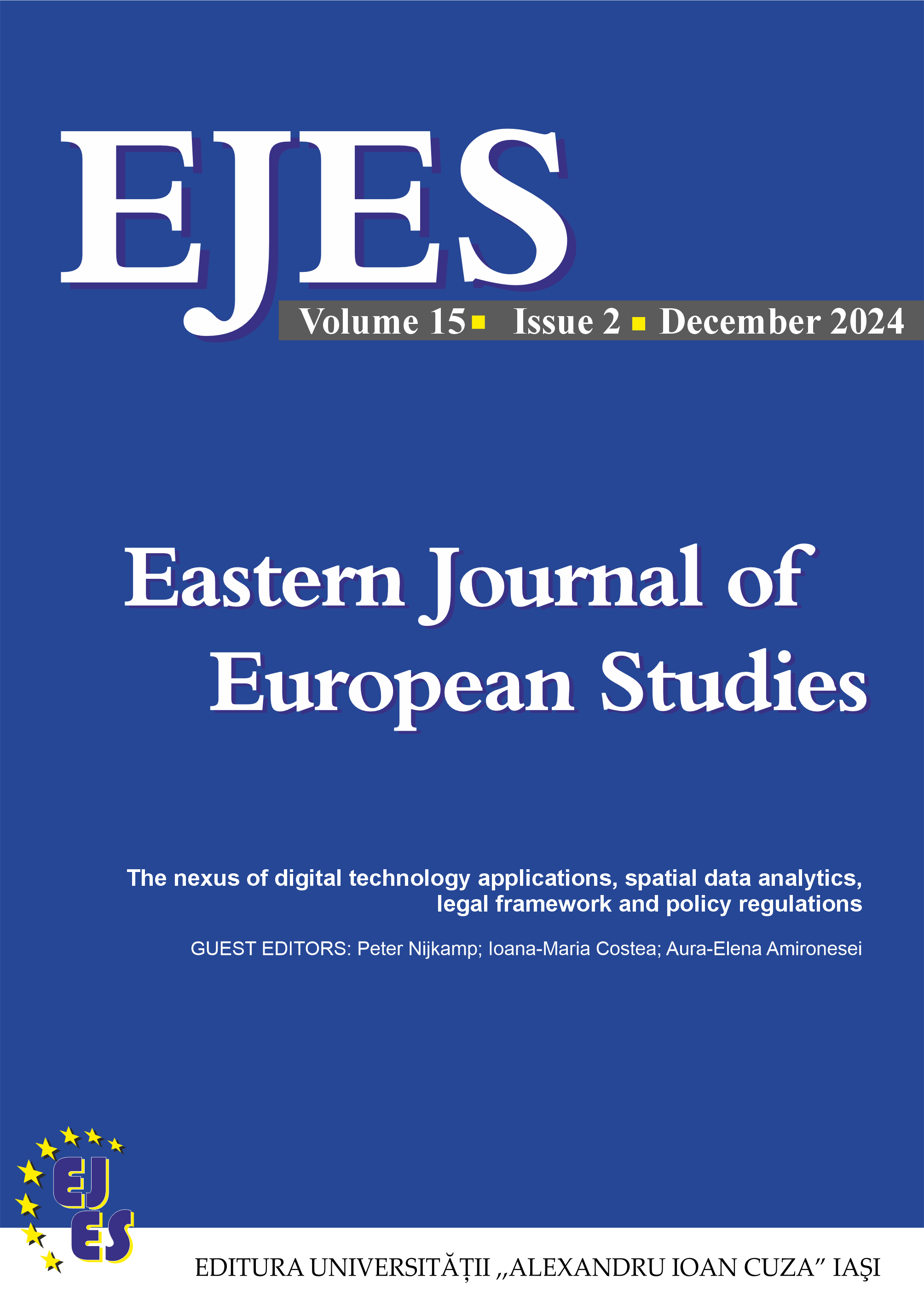A 3D approach on European data cooperative as an intermediation service
A 3D approach on European data cooperative as an intermediation service
Author(s): Carmen Tamara Ungureanu, Alexandra Gheorghiu, Valerica Greavu-SerbanSubject(s): Politics / Political Sciences, Economy, Law, Constitution, Jurisprudence, Governance, ICT Information and Communications Technologies, EU-Legislation
Published by: Editura Universităţii »Alexandru Ioan Cuza« din Iaşi
Keywords: data; data cooperative; data intermediation service; DGA; data spaces;
Summary/Abstract: Data has become a valuable resource due to the rapid growth of technology.Nevertheless, data has little value when held by its "collectors". The true value of dataunfolds through its reuse, necessitating the role of data intermediaries to facilitate thisprocess. From the data intermediation services, as employed in the Data GovernanceAct (DGA), we are going to discuss the data intermediaries organized in datacooperatives, which ensure the technical, legal, and logistical support for datatransactions, according to the European framework. The aim of this paper is to analyzethe role of the cooperative as a data-sharing intermediary within the European context.We will adopt a threefold approach, examining the topic from legal, psychological, andtechnical perspectives to achieve a comprehensive understanding. To accomplish ourobjectives, we will conduct a thorough literature review. The DGA does not specifywhether data cooperatives are cooperative societies, whose primary function is tofacilitate the reuse of data, or whether they are a form of cooperation between datasubjects and one-person undertakings or SMEs (small and medium-sized enterprises), onthe one hand, and potential data users, on the other. Therefore, we will consider bothinterpretations and make an effort to clarify the following: What type of organization isthe data cooperative? What are the primary goals of the data cooperative as stated byDGA? What are the trigger issues and drawbacks associated with participating in a datacooperative from the legal and psychological perspective of a data subject and from thesmall entrepreneurs’ point of view? Finally, we will briefly go over the technicalsolutions that will enable the data cooperative to operate as a cooperative society and,more broadly, as a data space across Europe.
Journal: Eastern Journal of European Studies
- Issue Year: 15/2024
- Issue No: 2
- Page Range: 48-68
- Page Count: 21
- Language: English

